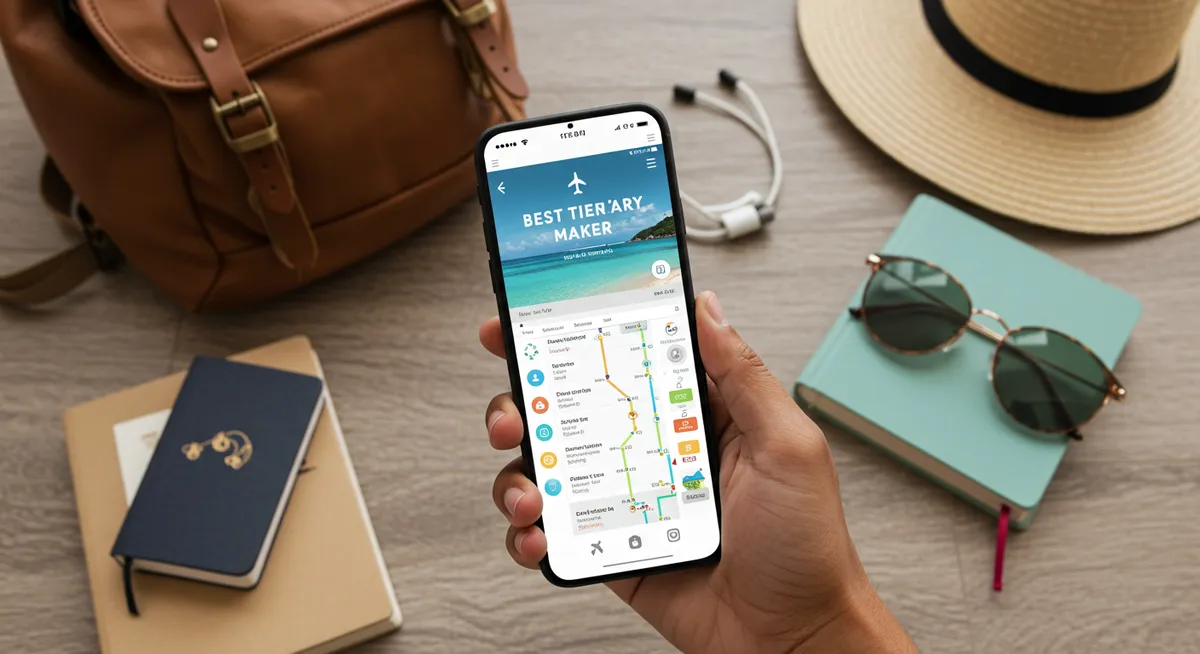
Planning a trip can be exciting but also stressful. From choosing the best destinations to booking hotels and arranging transportation, travelers often spend hours comparing options, reading reviews, and building the perfect travel plan. But what if a smart tool could do all of this for you in just seconds?
Welcome to the age of the AI itinerary planner, a new generation of intelligent travel assistants powered by artificial intelligence (AI). These tools are designed to take the stress out of travel planning by creating customized itineraries based on your preferences, budget, travel dates, and interests. Whether you’re planning a weekend getaway or a two-week international vacation, AI is transforming the way people explore the world.
An AI itinerary planner is a digital tool or software that uses artificial intelligence to create personalized travel plans. It collects data from various sources like flight schedules, hotel prices, weather forecasts, and local attractions and then uses algorithms to recommend the best possible itinerary.
These tools can suggest what to do, where to eat, where to stay, and even when to visit certain places, all tailored to your travel style. Some of the most advanced AI planners also learn from your feedback, becoming smarter with each trip.
Most AI itinerary planners follow a simple and user-friendly process:

The travel industry is witnessing a major shift as travelers seek more convenience and personalization. Here are a few reasons why AI itinerary planners are rapidly gaining traction:
Several platforms have launched AI-based itinerary features to improve the travel experience. Here are a few notable ones:
Some travel startups are also integrating AI into chat-based apps, where users can simply message their travel requirements and get a ready-to-go plan.
Take the case of Priya, a solo traveler from India planning her first trip to Paris. Instead of relying on dozens of travel blogs and vlogs, she used an AI itinerary planner. After entering her budget, dates, and preferences (museums, art, and vegetarian food), the tool created a five-day itinerary featuring must-see sites like the Louvre, Montmartre walking tours, hidden art cafes, and time-saving tips on using Paris’s metro system.
“It was like having a personal travel agent, but way faster and free,” said Priya.
While AI itinerary planners are powerful, they’re not perfect. Travelers should be aware of the following limitations:
This is why many users still combine AI tools with personal research or local guides for a richer experience.

Experts believe that AI will soon become the standard in travel planning. With continuous improvements in natural language processing and machine learning, AI travel planners may soon be able to:
Large companies like Expedia and Airbnb are already investing in AI tools, signaling a future where human effort in planning is minimal, and smart technology takes over the hard work.
In today’s fast-paced world, travelers want convenience, personalization, and speed. AI itinerary planners offer all three making them the go-to tool for modern travel enthusiasts. While traditional planning methods still hold value, AI tools are clearly setting a new standard for stress-free, smart travel planning.
Read More:- Shobha Realty Launches Its Most Luxurious Project Yet—Full Details Inside 2025
